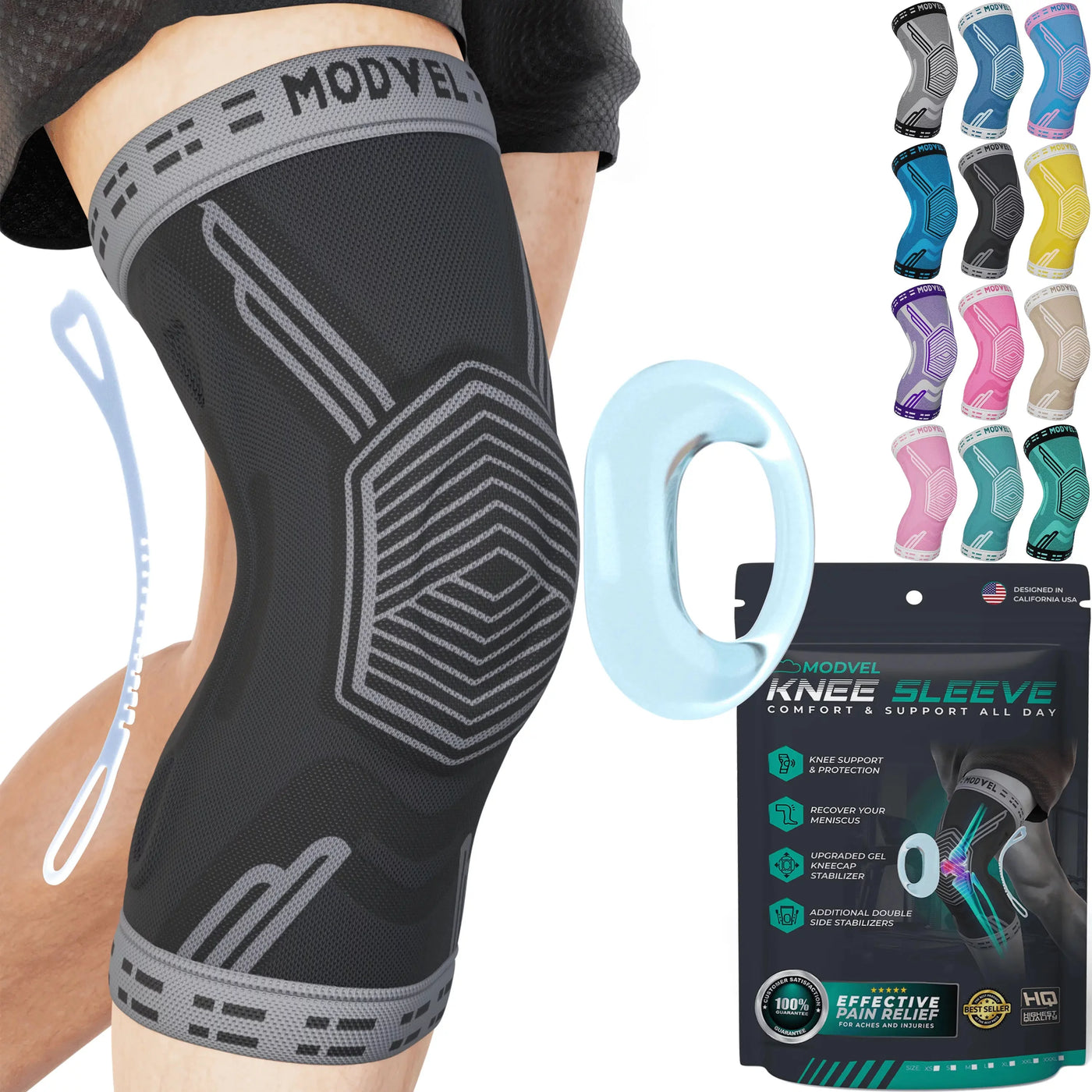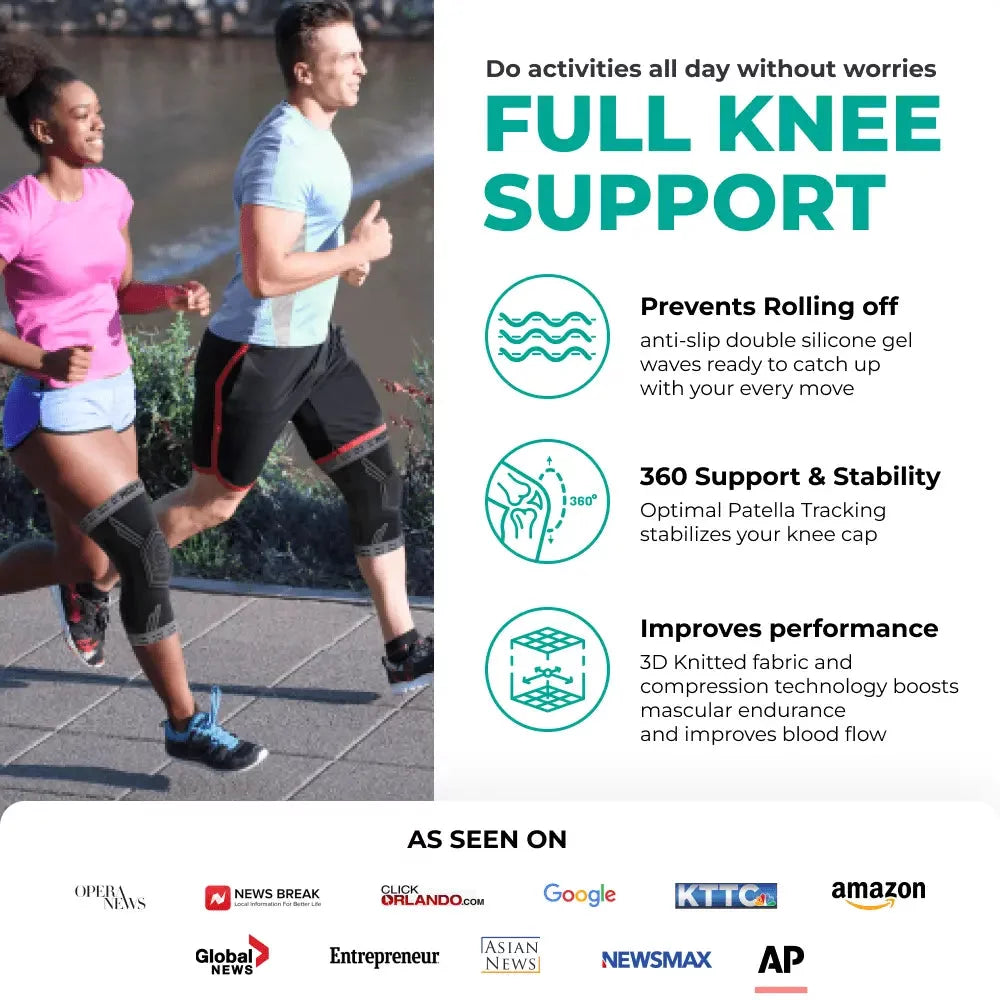Running with Osteoarthritis: Dispelling Myths and Providing Practical Advice
Maryke, the physiotherapist from sports-injury-physio.com, addresses the misconception that running is harmful to knees, especially for those with osteoarthritis. In this comprehensive guide, Maryke shares insights from research and provides eight practical tips to help individuals run without worsening knee pain.
**Introduction:**
Maryke kicks off the discussion by dispelling the common belief that running is detrimental to knee health. Supported by research, she emphasises that not only does running not exacerbate arthritis symptoms, but it may even have protective effects.
**Does Running Cause Knee Arthritis or Make it Worse? No.**
Two key studies are highlighted, demonstrating that individuals with arthritis who continued running showed no increase in symptoms on X-ray scans. In fact, they reported less pain than non-runners with arthritis. Maryke encourages autonomy in choosing running parameters—speed, frequency, and terrain—which contributes to the positive outcomes.
**Start Slowly:**
Maryke's first tip is for beginners or those returning to running after a hiatus. Stressing the importance of gradual progression, she advises against rigidly following programmes and encourages listening to one's body. Run-walking is recommended as an effective starting point to allow the body to adapt to the stress of running.
**Do Strength Training:**
The significance of muscle strength in absorbing the forces generated during running is discussed. Maryke recommends comprehensive strength training for quadriceps, glutes, hamstrings, and calves to support joints and prevent injuries.
**Reduce Your Training Volume:**
For seasoned runners with a history of high training volumes, Maryke advises adjusting training intensity and volume. Aging and arthritis demand a more cautious approach, urging individuals to pay attention to their knees' signals and adapt their training accordingly.
**Allow Enough Recovery Time:**
Recovery becomes a pivotal factor, with Maryke highlighting the varying recovery rates among individuals. Stressing the need for self-awareness, she advises adjusting training frequency based on personal recovery needs.
**Add Cross-Training:**
Contrary to expectations, cross-training is recommended for runners with knee arthritis. Maryke explains how activities like cycling and swimming aid joint recovery without the impact associated with running, enhancing overall fitness and supporting a sustainable running routine.
**Wear Supportive Running Shoes:**
Maryke underscores the importance of proper footwear, cautioning against using worn-out shoes. While there's no one-size-fits-all shoe recommendation, she advises trying on shoes for comfort and support, preferably in a store that allows running trials.
**Run on Terrain that Works for You:**
The choice of running terrain is explored, with Maryke suggesting that individual preferences vary. Monitoring post-training effects and considering factors like downhill running is crucial in determining the most suitable terrain for each individual.
**Get to Know Your Knees:**
The final tip encapsulates all the advice—getting to know your knees. Maryke encourages self-awareness, urging runners to observe how their knees respond to different training conditions. This introspective approach helps tailor running routines to individual needs.
**Conclusion:**
Maryke concludes by reiterating the normalcy of wear-and-tear in joints, emphasizing that running can be enjoyed even with knee arthritis. The blog post serves as a comprehensive guide for runners, offering practical tips to make running a sustainable and enjoyable activity.
Watch the full video here:
*For personalized assistance with injuries, Maryke invites readers to consult the sports injury physio team via video call: [Sports Injury Physio Online](https://www.sports-injury-physio.com/)*



